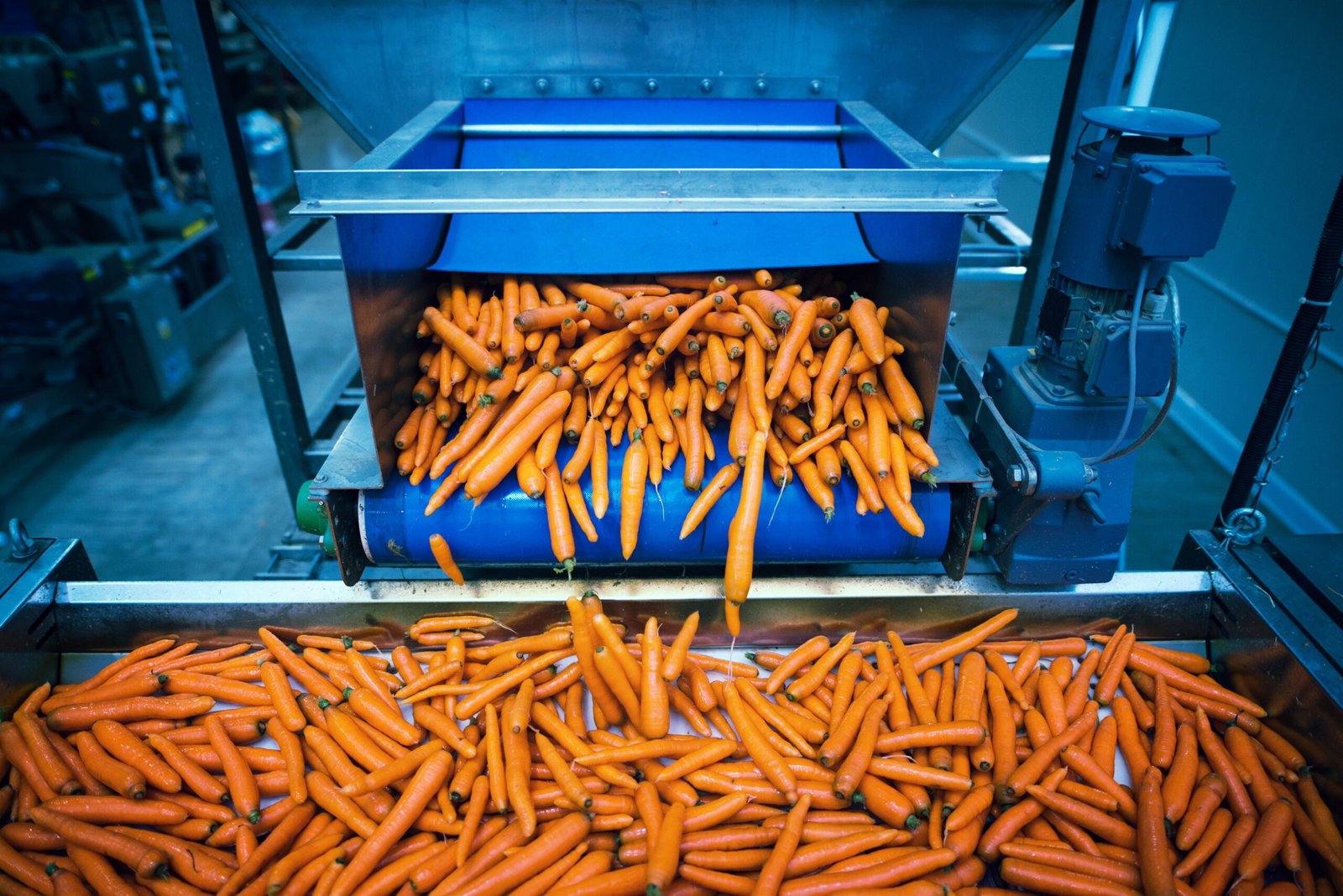What Are the 10 Rules of GMP?
Good Manufacturing Practice (GMP) is a system designed to ensure that products are consistently produced and controlled according to quality standards. GMP reduces the risks involved in production that cannot be eliminated through final product testing.
Understanding the 10 basic rules of GMP helps businesses stay compliant and maintain high standards in their production process.

The 10 Rules of GMP
1. Write Procedures and Follow Them
- Create Standard Operating Procedures (SOPs) for all critical processes.
- Ensure procedures are clear, accessible, and regularly updated.
2. Document Everything
- Record every action, step, and result to ensure traceability.
- Documentation provides proof that procedures are followed correctly.
3. Validate Processes
- Confirm that equipment, systems, and processes perform as intended.
- Regular validation helps to maintain consistent product quality.
4. Maintain Proper Hygiene
- Implement personal hygiene practices for staff.
- Clean and sanitize work areas and equipment regularly.
5. Prevent Cross-Contamination
- Use physical barriers, color coding, and proper storage.
- Segregate raw materials from finished products.
6. Control the Environment
- Monitor temperature, humidity, and cleanliness.
- Ensure the production area meets environmental requirements.
7. Train Employees
- Provide ongoing GMP training for all employees.
- Keep training records and ensure staff understand their responsibilities.
8. Maintain Equipment
- Calibrate, clean, and inspect equipment regularly.
- Prevent equipment-related contamination or malfunctions.
9. Perform Regular Audits
- Conduct internal audits to ensure compliance with GMP standards.
- Address non-conformities with corrective actions.
10. Ensure Quality Control
- Use quality control checks throughout the manufacturing process.
- Test raw materials, in-process samples, and finished products.

Why Are These Rules Important?
✔ Ensure consistent product quality and safety.
✔ Comply with regulatory and certification requirements.
✔ Reduce the risk of product recalls or legal penalties.
✔ Build consumer trust and brand reputation.
✔ Enhance operational efficiency and employee accountability.
Conclusion
Following the 10 rules of GMP is essential for any business in the food, pharmaceutical, or cosmetic industries. These principles help create a culture of quality, minimize risks, and ensure products meet safety and regulatory standards.
Want to implement GMP in your facility? Contact us today for expert assistance!


